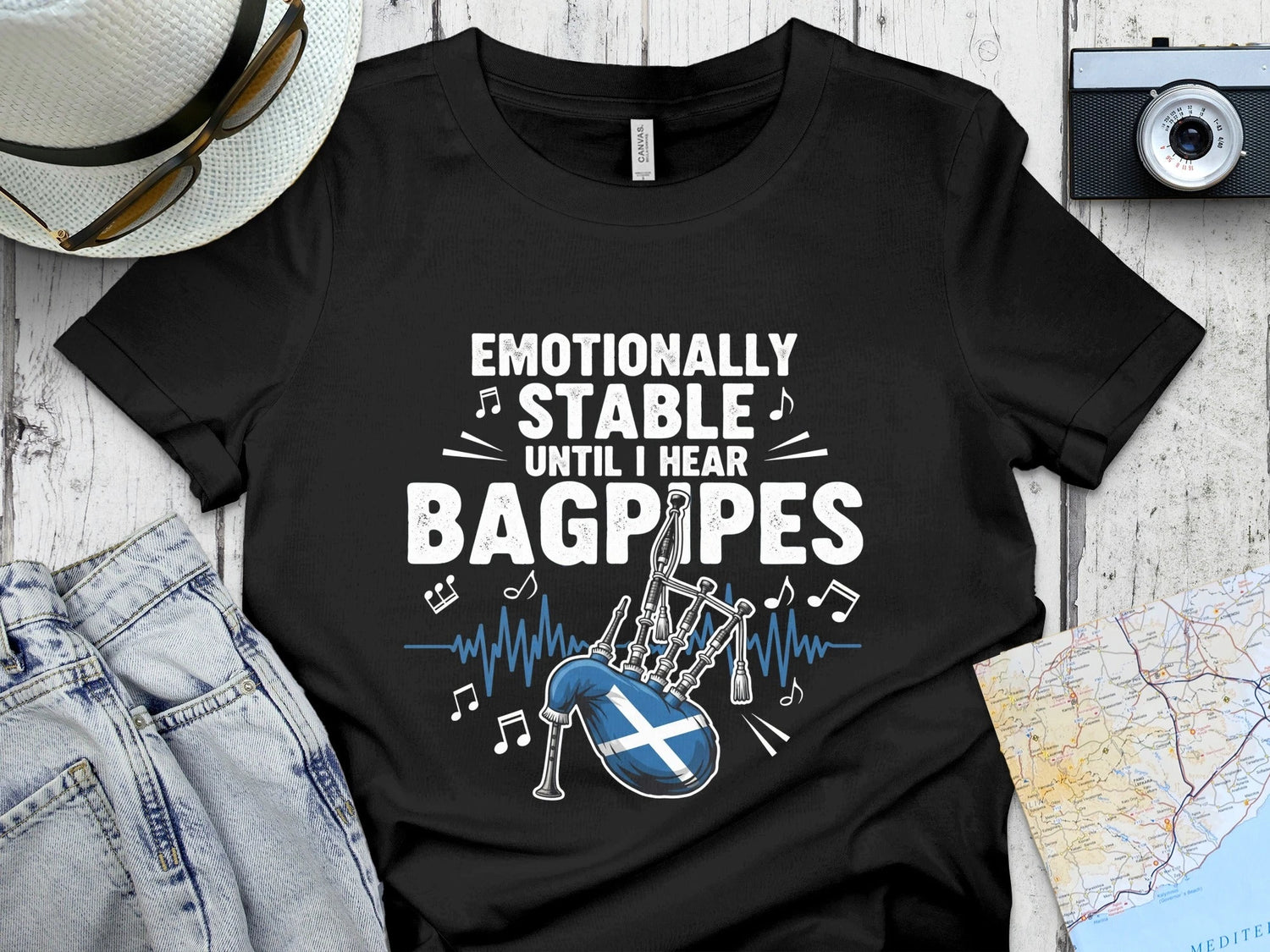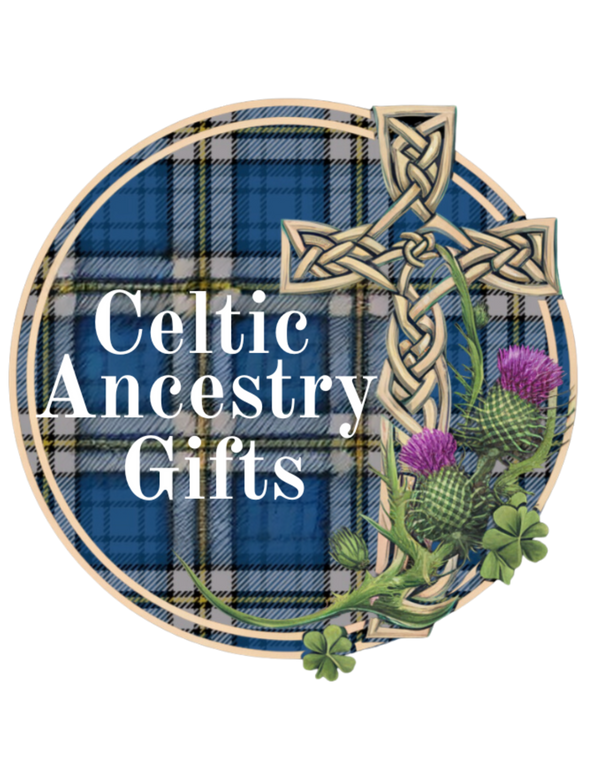
The Boyle Surname: Guardians of Connacht and the Spirit of Ancient Ireland
Share
1️⃣ Introduction: Pride in a Name That Echoes Through Irish History
The name Boyle is woven deeply into the story of Ireland — a name of chieftains, poets, and nobles; of faith, wisdom, and enduring pride. To bear the name Boyle is to carry the spirit of Connacht, where misty mountains meet the Atlantic, and where Gaelic families once ruled under their own Brehon laws and ancient customs.
From the Gaelic Ó Baoighill or Ó Baoill, meaning “descendant of Baoigheall” — often interpreted as “vain pledge” or “having profitable pledges” — the name has been associated with courage, diplomacy, and noble service for nearly a thousand years.
Though its earliest roots lie in the rugged hills of Donegal and Roscommon, the Boyle name would come to touch every corner of Irish history — from medieval Gaelic chiefs to powerful lords, bishops, and scholars who shaped Ireland’s cultural and political destiny.
2️⃣ History & Origins: From the Ó Baoighill Chiefs to the House of Boyle
Ancient Gaelic Origins
The Boyles trace their lineage to the ancient Cenél Conaill, one of the principal branches of the Northern Uí Néill dynasty — descendants of Niall of the Nine Hostages, the legendary High King of Ireland. The Cenél Conaill ruled much of what is now County Donegal, and the Ó Baoighill (O’Boyle) family were among their most prominent chieftains.
Their early territory, known as Tír Ainmhireach, lay along the western seaboard of Donegal, stretching toward the Rosses and Gweedore. For centuries, the O’Boyles were lords of these lands, holding sway as respected leaders and patrons of poets, monks, and craftsmen.
The family crest’s hand and cross symbol evoke their ancient role as defenders of faith and justice — traits that defined them throughout the Middle Ages.
The O’Boyles of Donegal and the Northern Clans
In the early medieval period, the O’Boyles were close allies of the O’Donnells, the ruling clan of Tir Chonaill. Together, they formed one of the most powerful Gaelic alliances in Ireland’s northwest.
The O’Boyles held their chief seat at Ballyboyle, near modern-day Dungloe, and were counted among the “five great houses” of Tir Chonaill, alongside the O’Donnells, O’Gallaghers, O’Dohertys, and O’Clerys.
However, with the English conquest of Ulster in the late 16th and early 17th centuries, the Gaelic order began to collapse. Like many noble families, the Boyles lost much of their hereditary land and status — yet the name survived, spreading across Ireland and beyond through resilience and adaptability.
The Rise of the Anglo-Irish Boyles
While the Gaelic O’Boyles ruled the northwest, another branch of the name rose to prominence in the south and east during the Elizabethan and Stuart periods. These were not direct descendants of the Donegal O’Boyles, but Anglo-Irish families who adopted the name through Norman influence or royal grants of land.
Foremost among them was Richard Boyle (1566–1643), a brilliant and ambitious English administrator who rose from modest beginnings to become the 1st Earl of Cork. Through marriage, shrewd investment, and royal favor, he amassed vast estates in Munster and became one of the wealthiest men in Ireland.
His son, Roger Boyle, 1st Earl of Orrery, became a distinguished soldier, playwright, and statesman — and another descendant, Robert Boyle (1627–1691), achieved immortal fame as one of the fathers of modern chemistry. His scientific principles, known as Boyle’s Law, remain foundational to this day.
Thus, the Boyle name came to symbolize both Gaelic endurance and Anglo-Irish achievement — a rare bridge between two great traditions.
3️⃣ Spelling Variations & Connections to Other Names
The Boyle surname has been recorded in many forms over centuries, reflecting the diverse origins and migrations of its bearers across Ireland and the wider world.
Variants: Boyle, O’Boyle, Boyel, Boil, O’Baoill, O’Baoighill
Gaelic Form: Ó Baoighill or Ó Baoill — “descendant of Baoigheall”
Anglicized Forms: Boyle, Boyles, Boil
Related Names & Septs: In Ulster, the Boyles are kin to the O’Donnells, O’Gallaghers, and O’Dohertys; in Munster, associated historically with the FitzGeralds and Butlers through intermarriage and alliance.
Despite regional variations, the Boyle name — in all its spellings — has retained its dignity and Irish identity throughout the centuries.
4️⃣ Landmarks & Regions Associated with the Boyle Name
Donegal (Tír Chonaill) – The ancestral homeland of the Gaelic O’Boyles. The rugged coastline and rolling moorlands of western Donegal hold the memory of ancient fortresses and monasteries once patronized by O’Boyle chieftains. The parish of Tullaghobegley was long regarded as their spiritual heartland.
Boyle, County Roscommon – The town of Boyle takes its name from the nearby River Boyle, which in turn shares linguistic roots with baoighill. The area’s jewel is Boyle Abbey, a magnificent 12th-century Cistercian monastery founded under Irish kingship, symbolizing faith and learning — virtues long linked with the Boyle name.
County Cork and Munster – The seat of the later Anglo-Irish Boyles, including the powerful Earls of Cork and Orrery. Castles such as Lismore Castle and Charleville became centers of Boyle influence in southern Ireland, blending Gaelic heritage with English architectural grandeur.
County Derry and Tyrone – Many O’Boyles migrated here after the loss of their Donegal lands, preserving their identity through the centuries despite plantation pressures.
5️⃣ Migration & Modern-Day Presence
By the 18th and 19th centuries, Boyles could be found in every province of Ireland — Ulster, Connacht, Munster, and Leinster. The Great Famine of the 1840s prompted many to seek new lives abroad, carrying their name and faith across the oceans.
In Scotland and England, Boyle families found work in industry and education. In Canada and the United States, they became farmers, merchants, and statesmen. In Australia and New Zealand, Boyles helped pioneer new settlements, their name becoming synonymous with hard work and Irish pride.
Today, the Boyle surname ranks among Ireland’s most recognizable, with large family networks across Ireland, North America, and beyond. The Boyle coat of arms, featuring a red cross between lions rampant, speaks to both valor and noble conduct — an enduring symbol of the family’s historic strength.
6️⃣ Fun Fact
One of the most celebrated bearers of the name, Robert Boyle (1627–1691), was not only a scientist but also a man of deep faith and humanity. He personally funded translations of the Bible into several languages and refused royal titles, insisting that “true nobility lies in virtue and learning.”
Meanwhile, in Irish folk tradition, the O’Boyles of Donegal are remembered in local ballads for their hospitality — said to “never turn away a stranger at the hearth.”
The blend of intellect, generosity, and courage found in these tales perfectly mirrors the Boyle legacy — noble in mind, spirit, and heart.
💚 Search your family name in the search bar above to explore your clan gifts.
Celebrate your Boyle heritage with beautifully designed mugs, t-shirts, blankets, ornaments, wall art, phone cases, magnets, flags, and more, featuring your clan crest and Irish family name.

